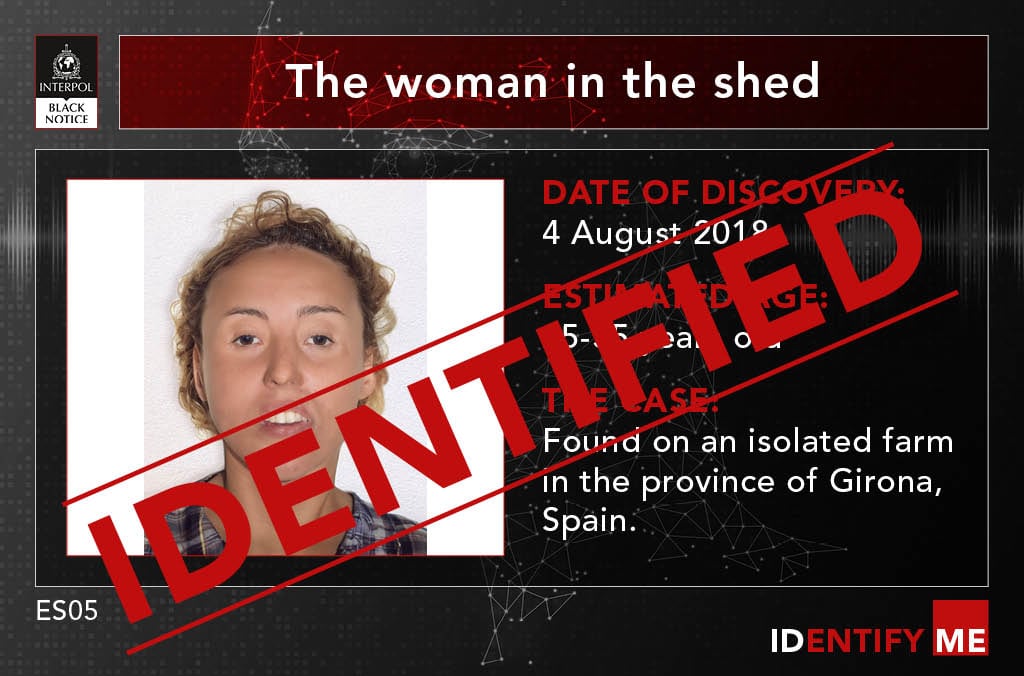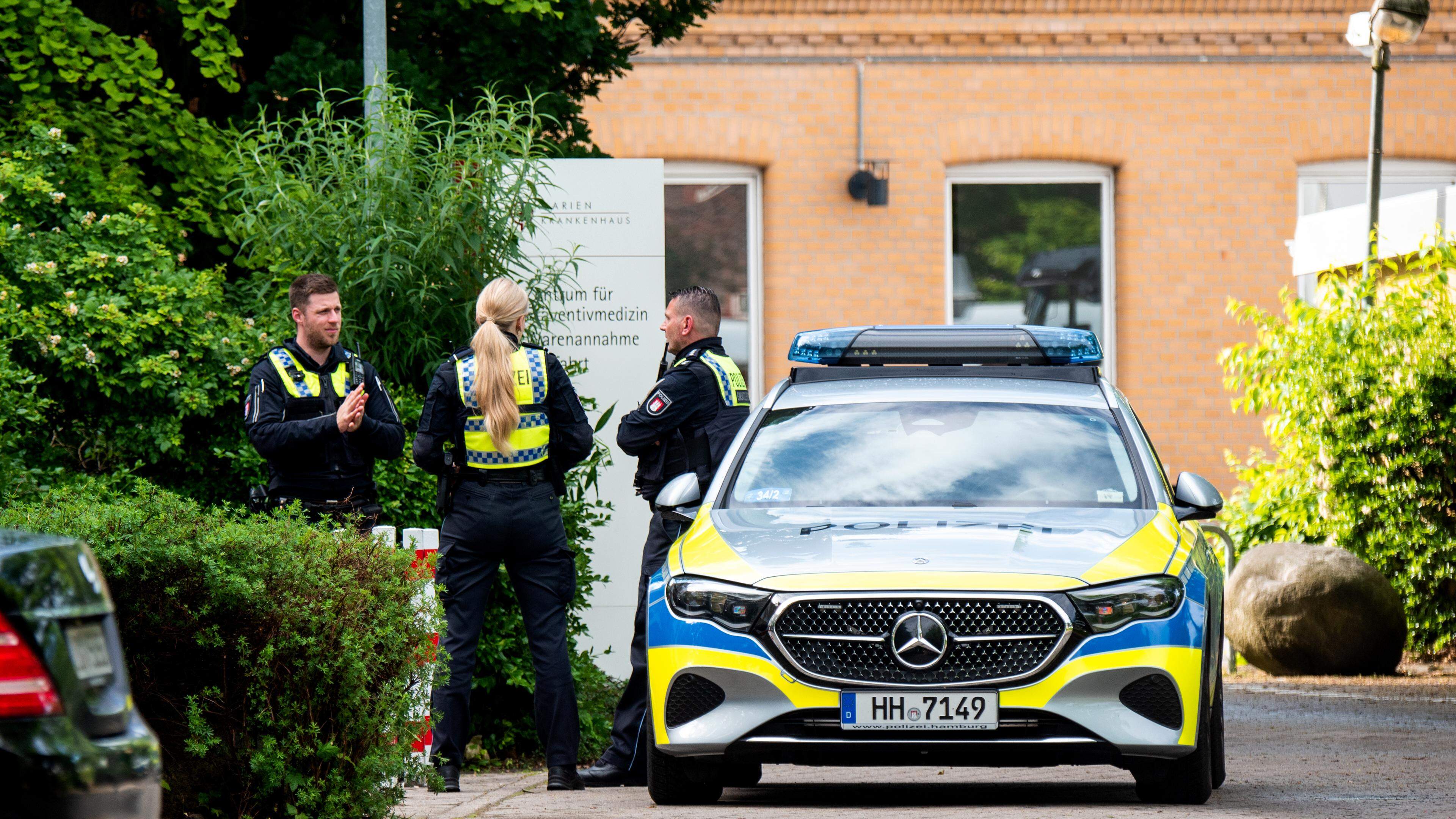Resolved the enigma of 'The Woman of the Copper', one of the seven deceased in Spain for whose interpol identification requested help | Spain

The campaign to try to name 46 women who died in recent decades in six European countries and thus be able to close their cases has reaped their first success. The Civil manone of the seven dead women in Spain that had been included in this initiative of Interpol (International Criminal Police Organization, in which 196 countries are integrated) already has an identity, and a history. The deceased was called Ainhoa Izaga Ibieta, a Paraguayan citizen who traveled to Spain in 2013, when he was 28 years old, and whose body was found five years later in a country house in Girona. As the researchers did not know their name, they baptized their case, as well as the rest of those who are part of the campaign, referring to some detail or peculiarity of the investigation. On this occasion, she referred to the place where she was found hanged: a shed that served as a chicken coop in an annex to a farmhouse in Sant Julià de Ramis (Girona).
The researchers have been able to name him when the Paraguayan authorities compared the fingerprints that Spain had introduced into the database of unidentified people of Interpol with those that existed in the Paraguayan police bases. That verification was made within the campaign Identify me (« Identify me, » in English). In addition to being the first resolved case of the second installment of this campaign – the first edition was launched in 2023 -, it constitutes “the first successful transcontinental identification” of the initiative, as reported by Interpol.
As part of the campaign, Interpol made public, in addition to a facial reconstruction of the welcome woman, a photo of a tattoo with the word « luck » in Hebrew that had in the left forearm, and an image of the construction in which it was found dead. The summary file of his case has been distributed by the social networks of numerous police and in the media since the campaign was launched last October, as well as those of the other 45 women killed in France, Italy, Belgium, Germany, Netherlands and Spain, which still still do not identify.
« Our work does not consist only in solving cases, it also tries to restore the dignity of the victims and give voice to those affected by the tragedy, » said Interpol Secretary General, Valdecy Urquiza. The police officer has congratulated the Spanish and Paraguayan authorities for the joint effort and has stressed that each success renews the hope that the identities of the rest can be discovered than cases.
According to his brother's story, Ainhoa Izaga traveled to Spain from Paraguay in 2012. His body was found in August 2018, when he was 33 years old. He had blond hair and light brown eyes. The researchers believed that it could be originally from northern Europe, Poland, Germany or Netherlands and made inquiries in Poland and France, but did not obtain results. In mid -2019, after several months without contact, his brother denounced his disappearance to the authorities of Paraguay, something that has helped to finally be identified.
This Interpol campaign seeks to shed light on cases in which it is suspected that the deceased could come from other countries and that they are in dead. In the first campaign they managed to identify Rita Robertsa British woman killed in Antwerp (Belgium) in 1992. Her family called the police after recognizing one of her tattoos in a report of a media.
It is the first time that Interpol makes public the content of some of its so -called Black notifications, A series of files that the police use to search information from unidentified corpses, and in which information about the place where the body, biometric data (such as DNA, fingerprints, facial images), dental records, physical descriptions or clothing are included, in addition to other details that are considered relevant.
After the official presentation of the campaign, last October, citizens sent numerous communications, more than 200, according to police information. Of these, 27 were about Spanish cases. Police received information about the case of the woman who was not alone, who lost his life in 1999 in a room of a Hotel de Premià de Mar (Barcelona), and the Case of Rosa's wife, found dead at kilometer 84 of the Vila road, in Viladecans (Barcelona) in 2005 in suspicious circumstances. The six victims of Spain that remain to identify, between 20 and 40 years, were found dead in Catalonia, Madrid, Balearic Islands and the Basque Country. In the Spanish campaign, actress Luisa Martín and the writer and director of Documentaries on Trafficking and Prostitution Mabel Lozano have lent her image and her voice. « Help us to bring them home, » Martín calls on the campaign video.




:format(webp)/s3/static.nrc.nl/wp-content/uploads/2025/05/28143839/web-3105ZAT_LEV_giro_algemeen_2.jpg)

